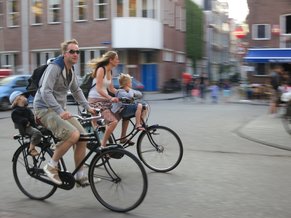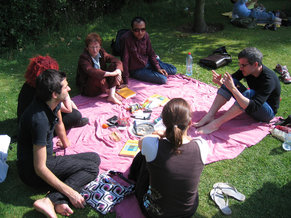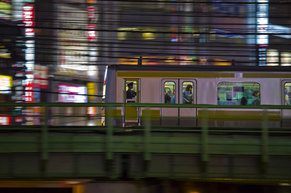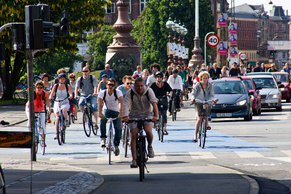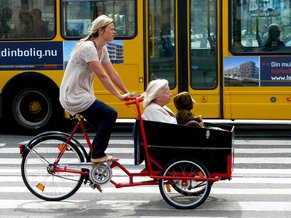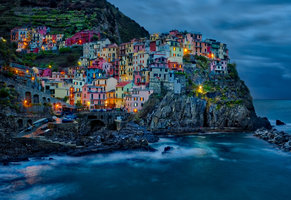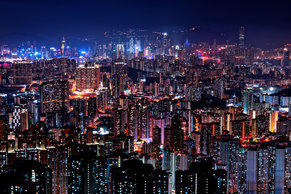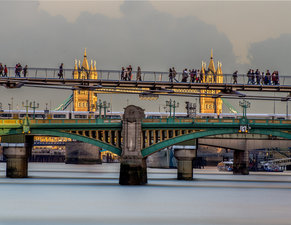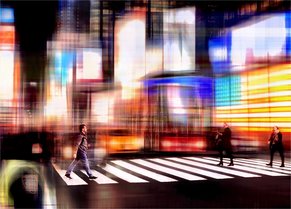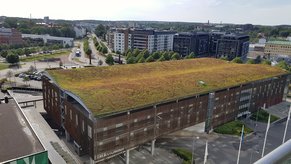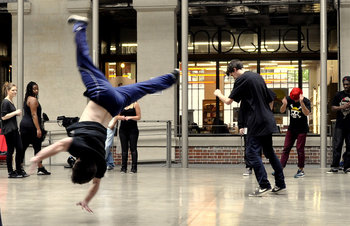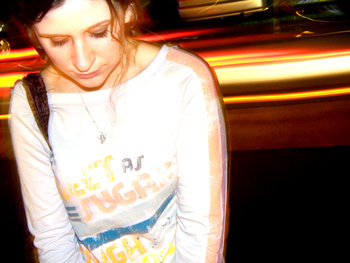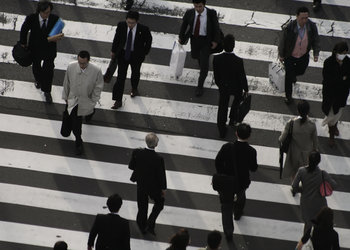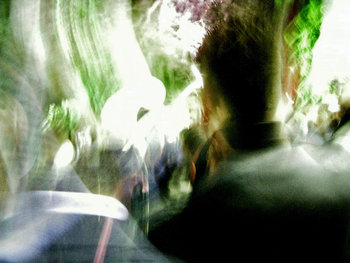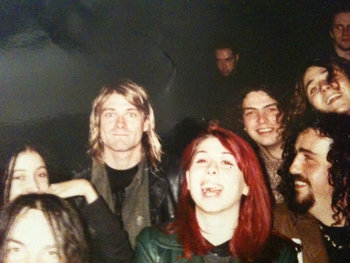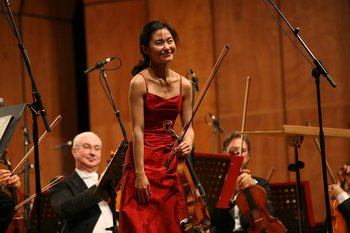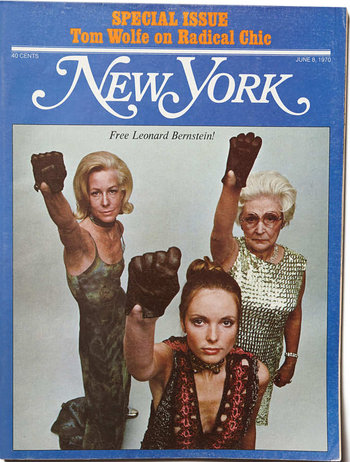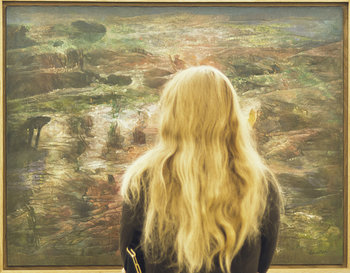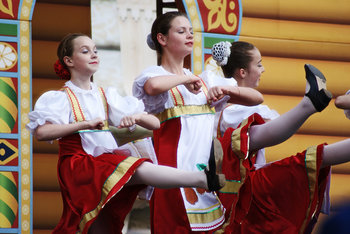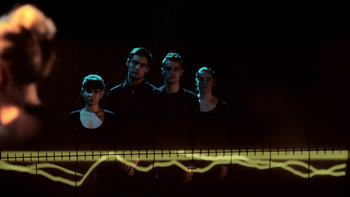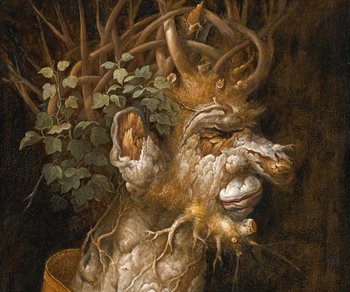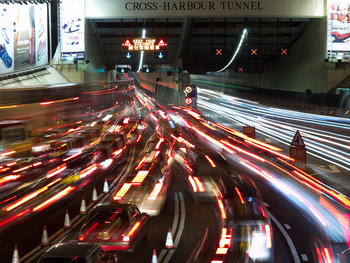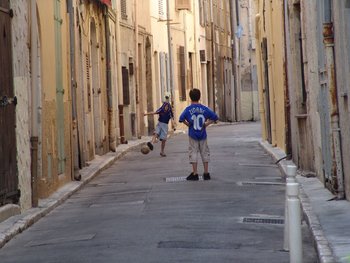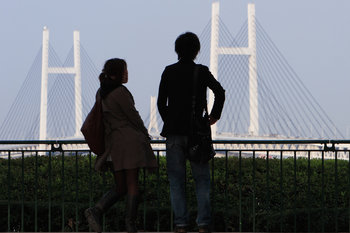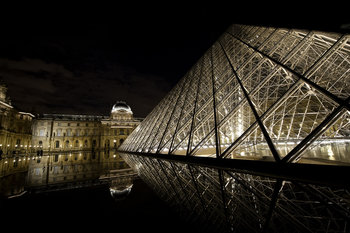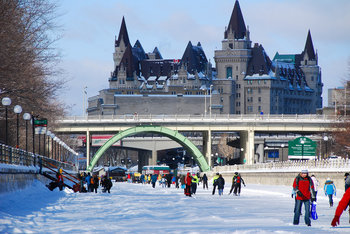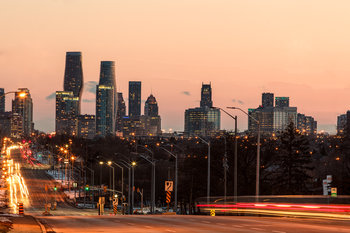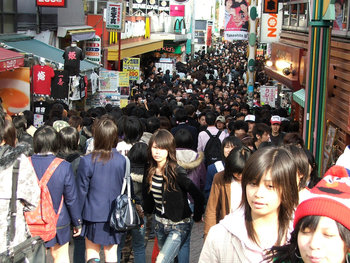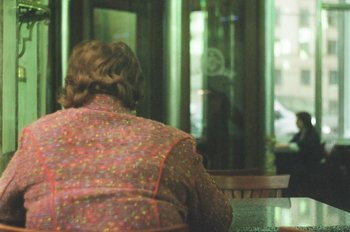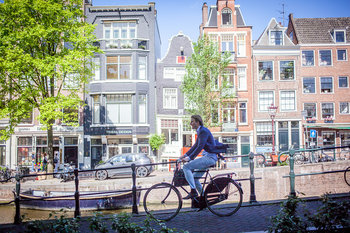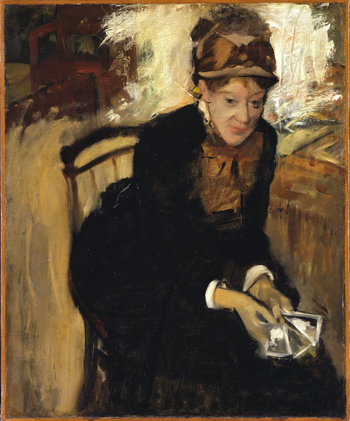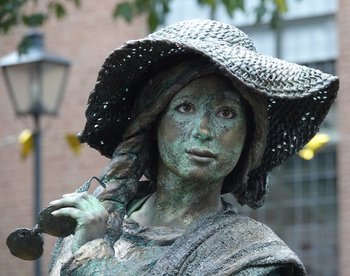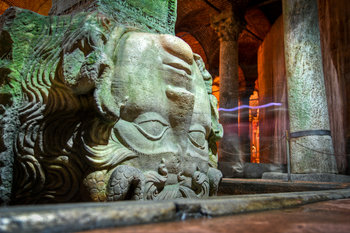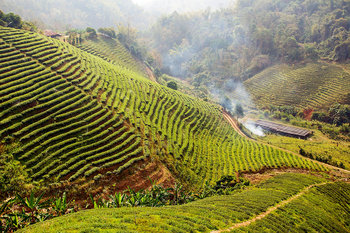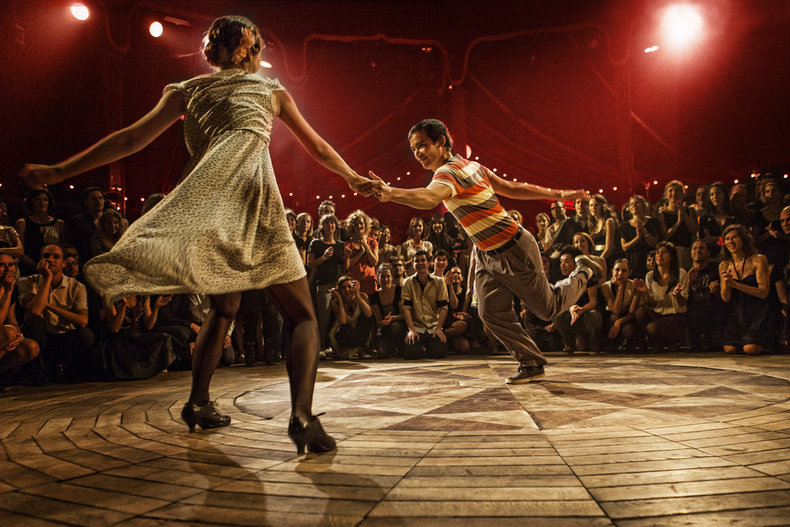
Language
The languages used by residents including any variations that are unique to a city. A cosmopolitan city typically has a great number of ethnic neighborhoods where different languages thrive. It is also common for a city to have its own dialect of a dominant language.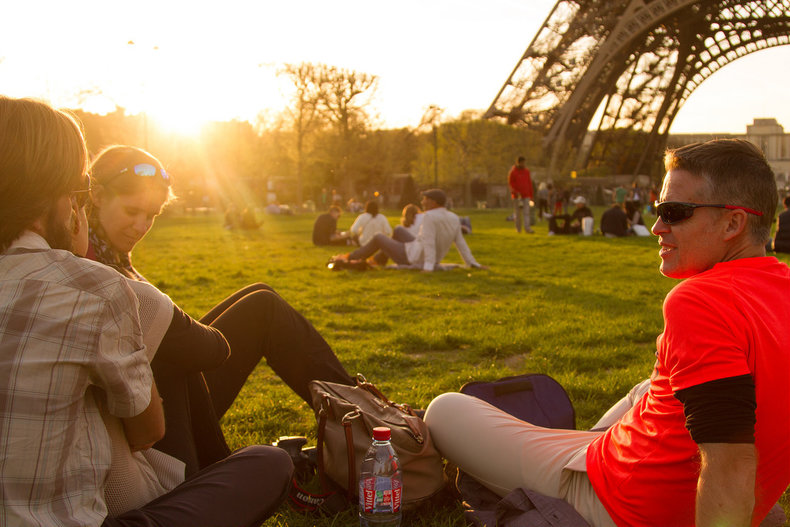
Gastronomy
The culture of food production, selection, preparation, presentation, service and appreciation that exists in a city. For example, a city that has its own unique form of cuisine.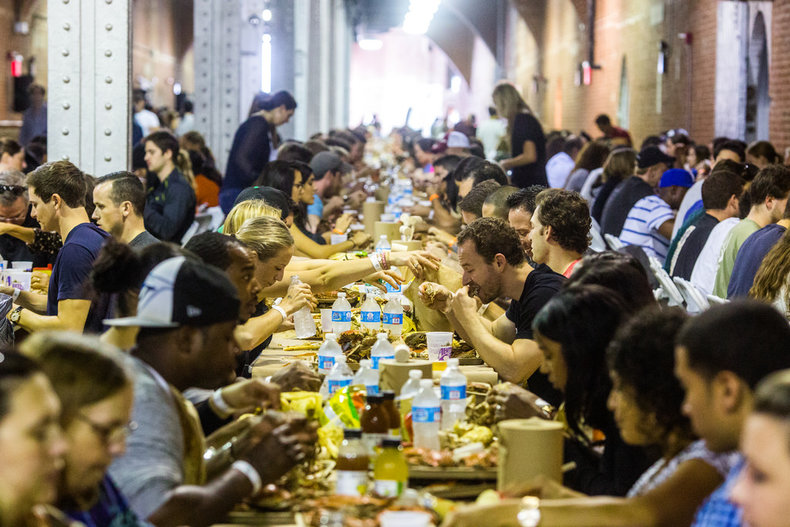
Fashion
Fashion including street fashion and elements of the fashion industry in a city. For example, a city with a well known fashion week and neighborhoods that are known for their street fashions.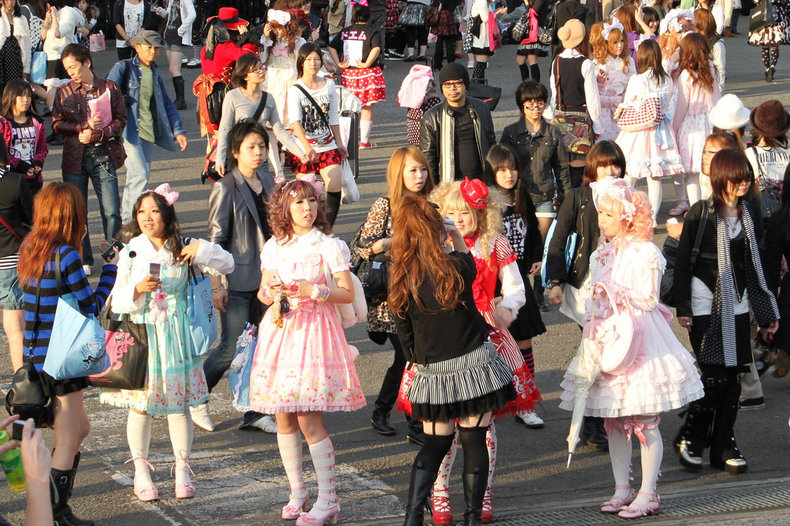
Norms
Norms are informal understandings that guide behavior such as norms of politeness. These are often specific to a culture and city. For example, a norm of standing on a specific side of an escalator so that people can walk.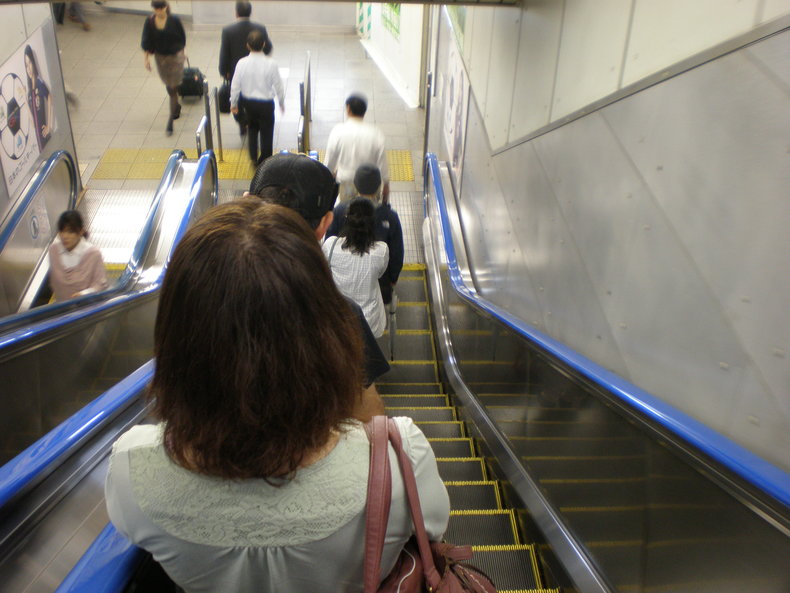
Pastimes
Modes of recreation and enjoyment including holidays and traditions.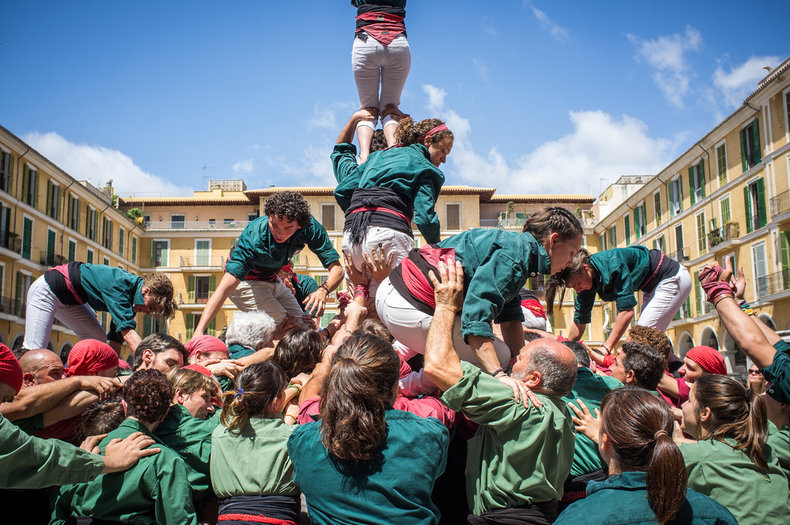
Symbols
Iconic visual scenes and other symbols of a city's identity.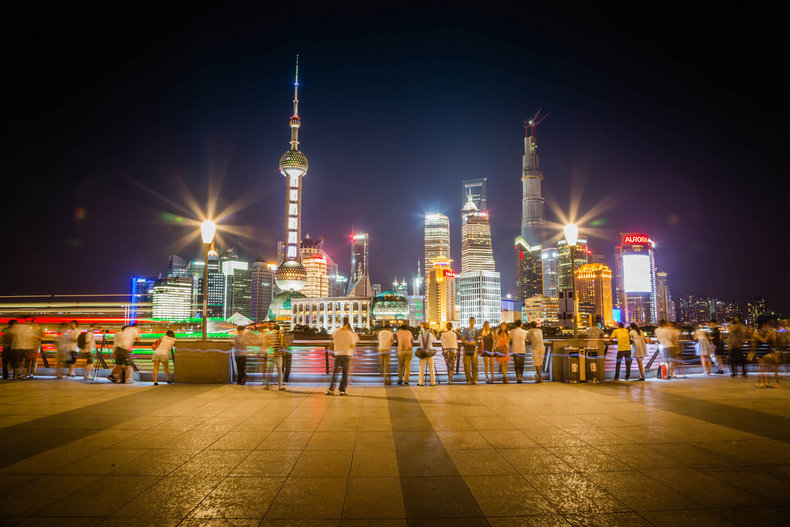
Legend & Myth
Old stories that aren't true but nonetheless serve to bond people by giving them colorful narratives that are unique to a city. For example, the myth that the Louvre is haunted by a mummy known as Belphegor based on the 1927 horror novel of the same name by Arthur Bernede. There is also a local myth that the Louvre was build for the devil and that its glass pyramid has 666 tiles.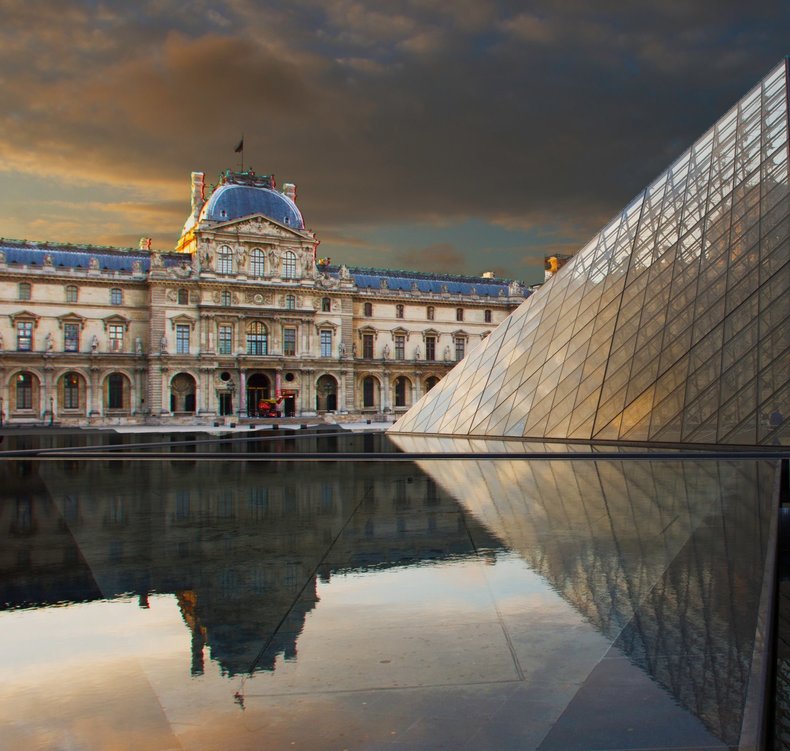
History
The history of a city. For example, Kyoto was the Imperial capital of Japan for more than one thousand years and has a long history of cultural development, political intrigue, natural disasters, fires and war.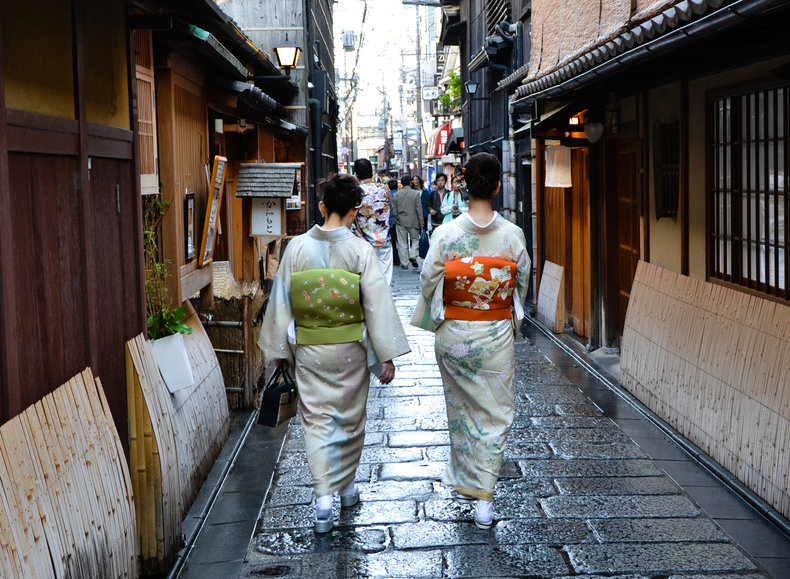
Knowledge
Local knowledge such as how to haggle with local vendors.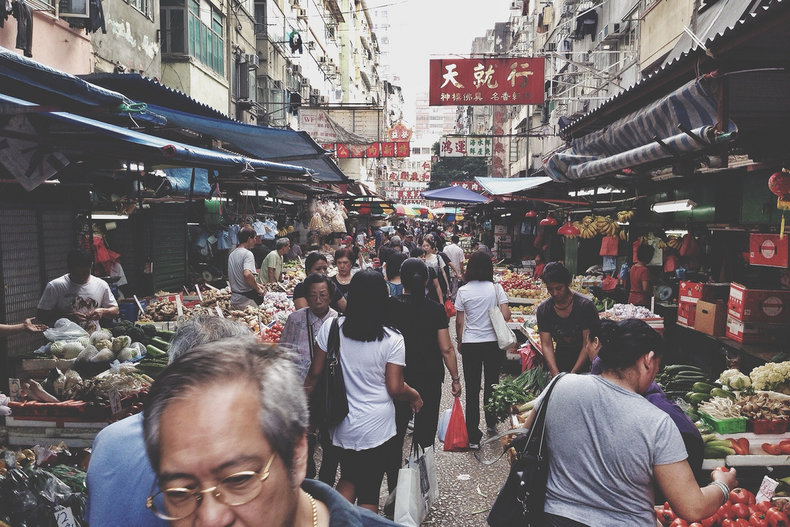
Architecture
The architecture a city including traditional, modern and night architecture.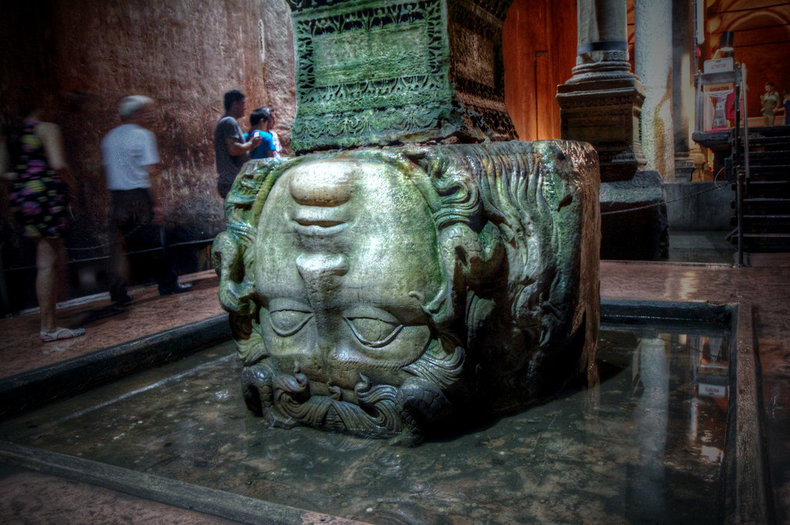
Urban Landscape
The urban design of a city such as a city that has emerged in a chaotic way such that streets are narrow and random or a city with clear structure.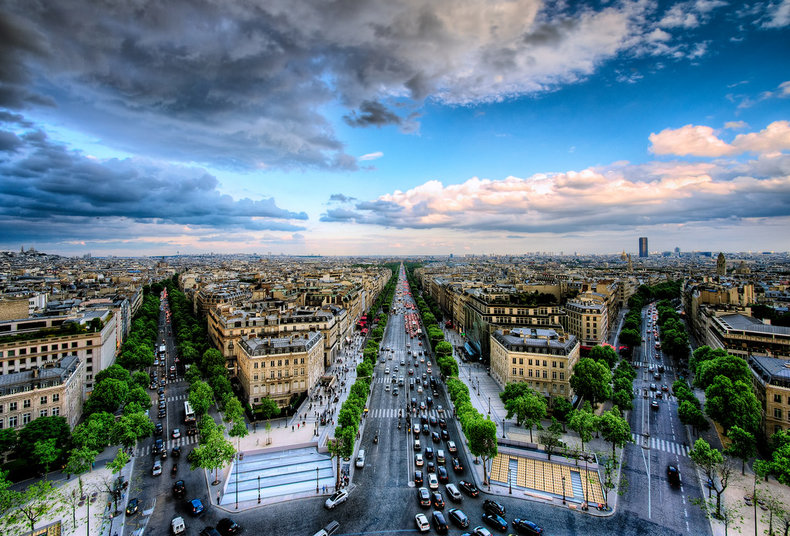
Products & Services
Unique products and services such as a city known for its cafes and desserts.
Markets
Markets and other commercial areas that have a stimulating atmosphere.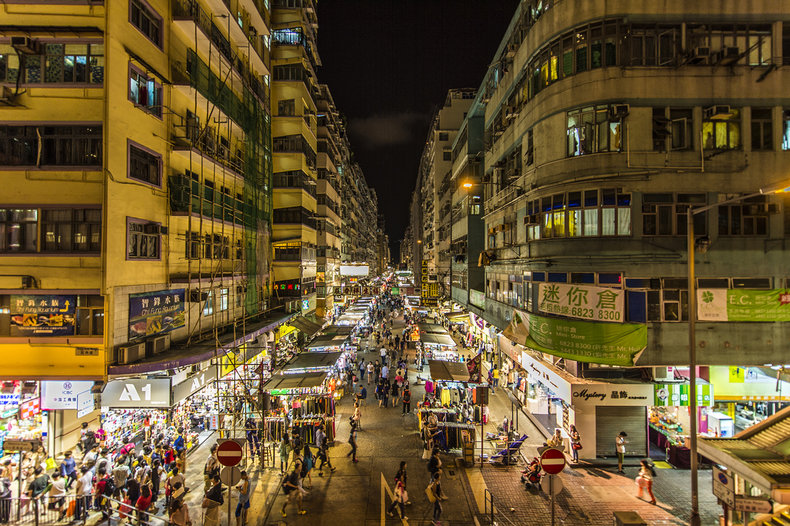
Public Space
Public space such as parks, natural areas, public squares and beaches that provide space for recreation, play, socializing and personal reflection.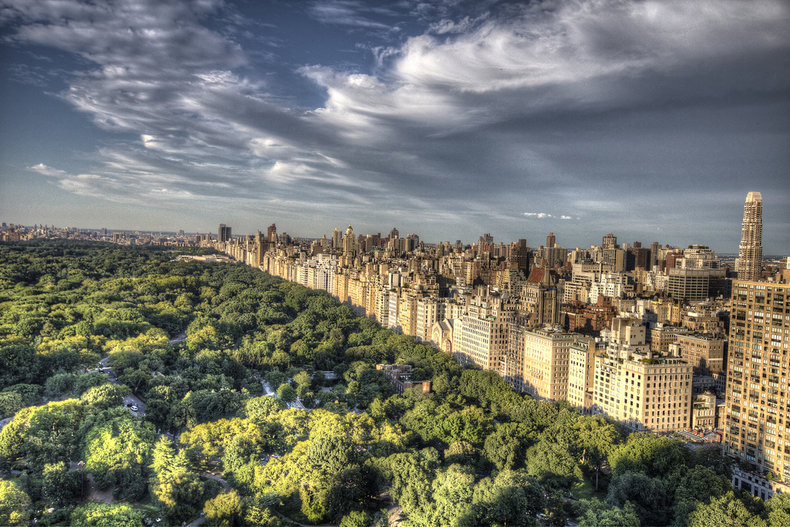
Sports
Local sports teams that unify locals towards a common purpose and local sports leagues that allow people to play and participate.
Festivals & Events
Local events such as a traditional festival or community event.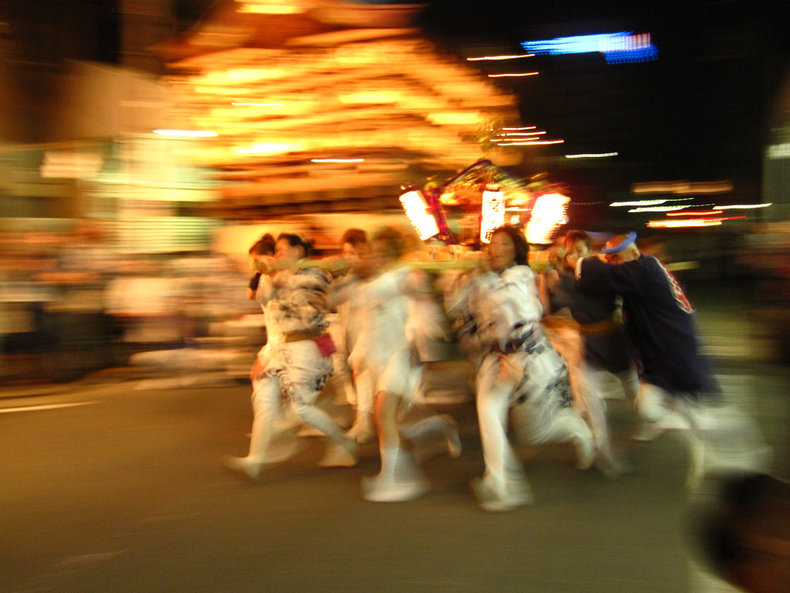
Night Economy
Businesses that offer things to do at night such as theatres, night clubs and cafes.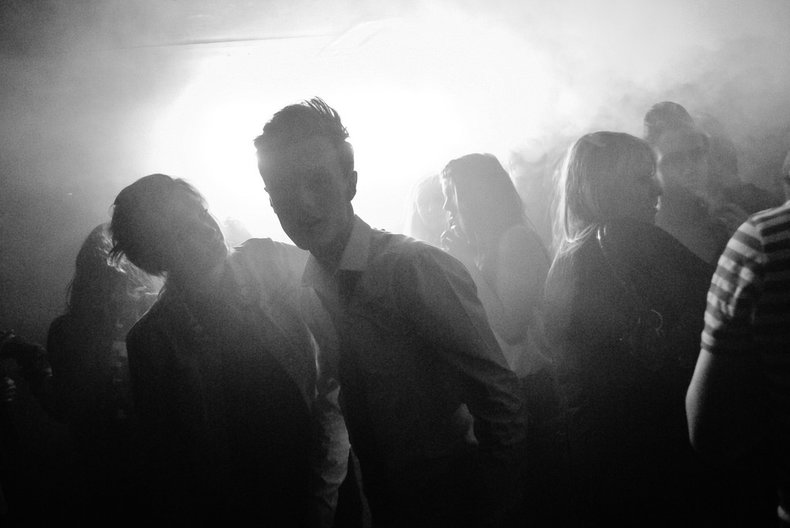
High Culture
Culture that is accepted by institutions as being of the highest art such as fine art or the opera.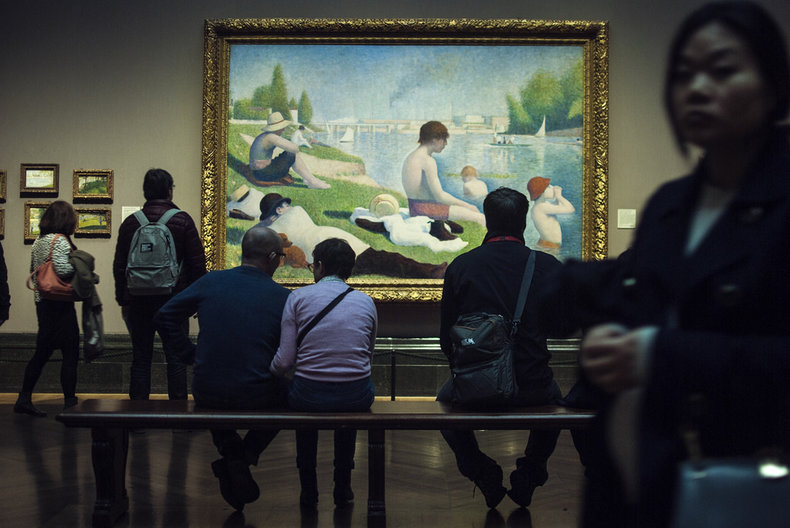
Pop Culture
Popular culture such as movie theatres, video game arcades and theme parks.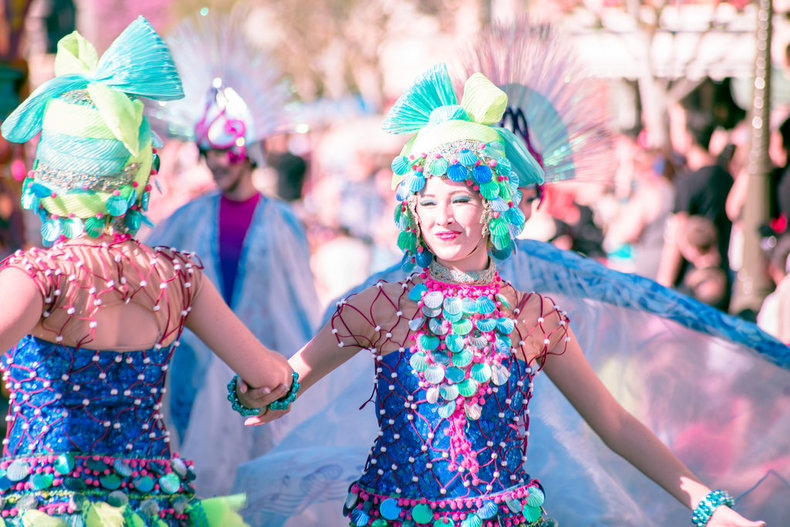
Subculture
Subcultures such as a neighborhood known for its music scene or cosplayers.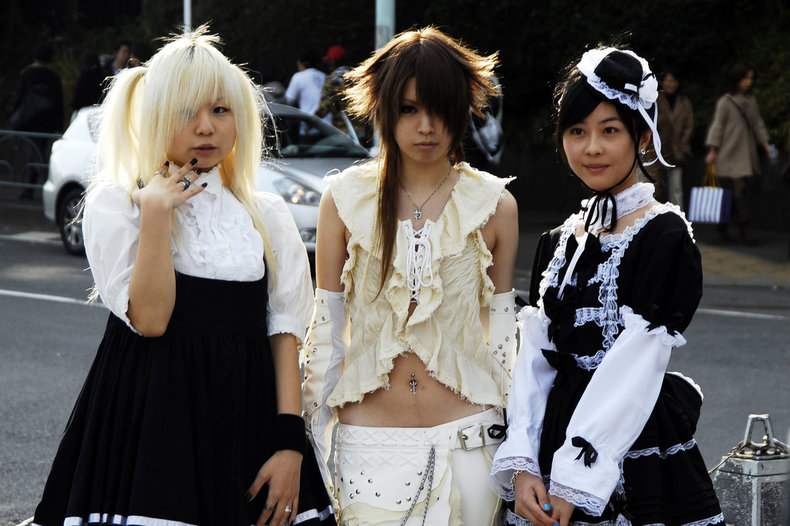
Traditional Culture
The traditional cultures of a city such as a cosmopolitan city with many ethnic neighborhoods.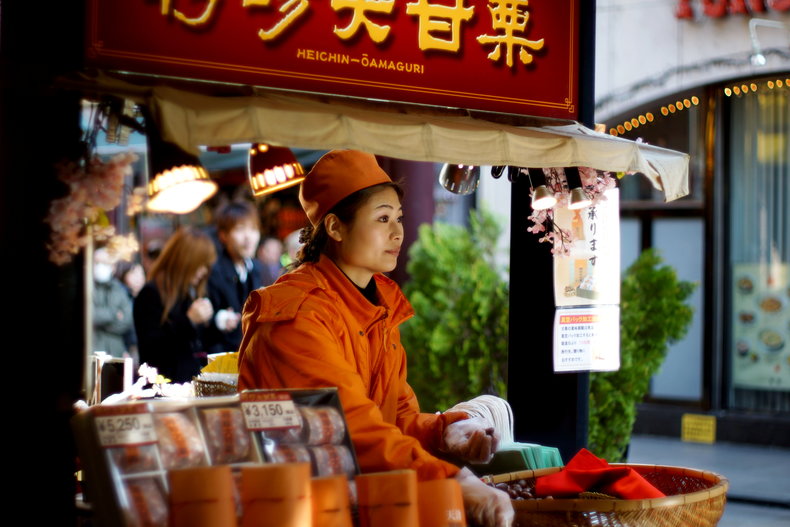
Epic Meaning
Epic meaning is the sense that you are part of something big and positive such as a city that views itself as a capital of commerce, art, entertainment and night life.
Anomie
Anomie is a sense of normlessness that can be described as a lack of culture such that individuals enjoy no sense of common identity and purpose.
| Overview: City Culture | ||
Type | ||
Definition (1) | Aspects of life in a city that people enjoy and regard as valuable. | |
Definition (2) | A way of life and meaning that unifies residents of a city with a sense of shared identity. | |
Related Concepts | ||

